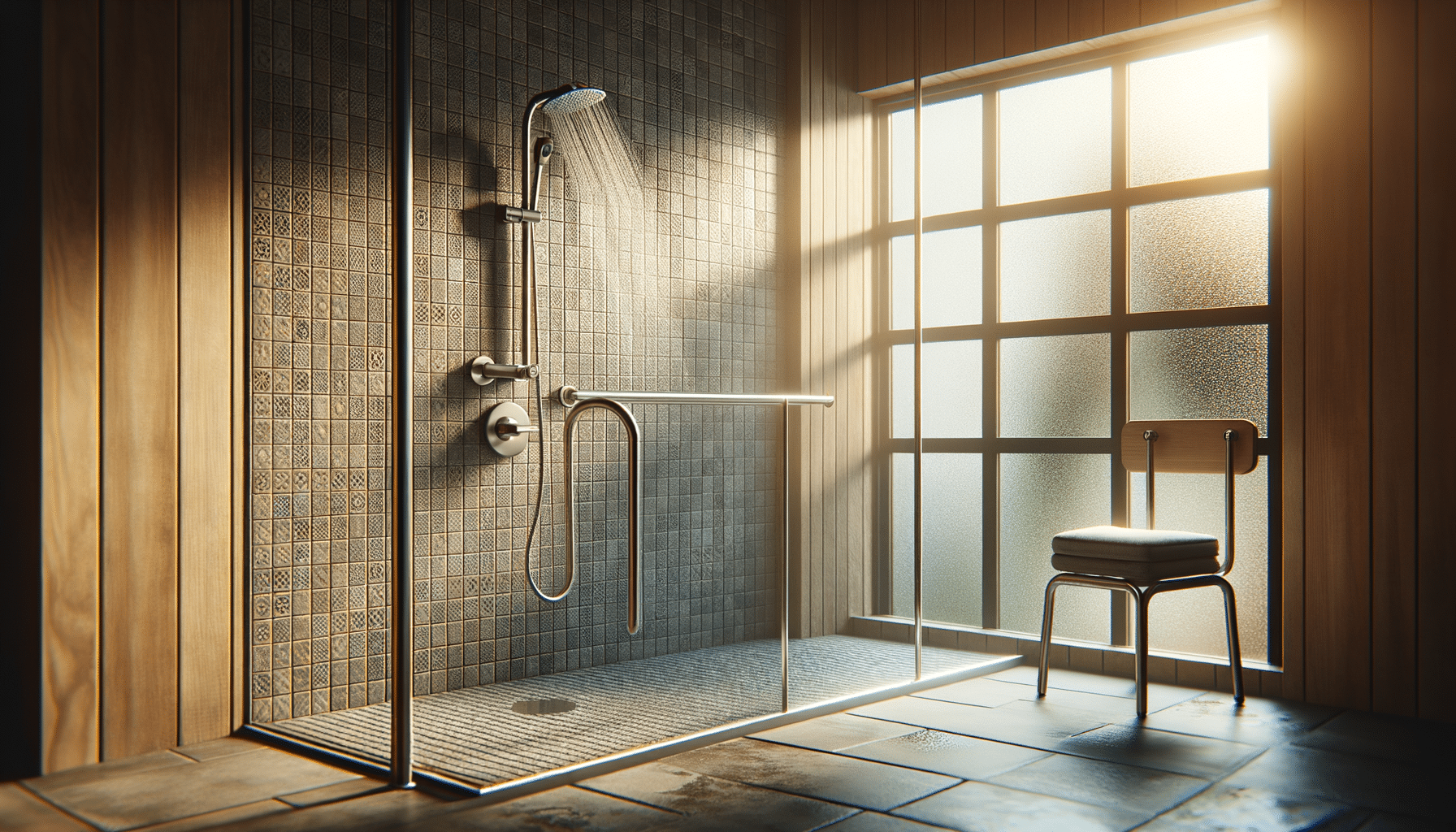
The Critical Importance of Cold Room Panel Selection in Industrial Facilities
Understanding Cold Room Panels
Cold room panels are essential components in the construction of cold storage facilities. They are designed to provide the necessary insulation to maintain a stable temperature within the storage area, which is crucial for preserving perishable goods. These panels are typically made of materials like polyurethane, polystyrene, or polyisocyanurate, each offering distinct insulation properties. The choice of material impacts the panel’s thermal resistance, durability, and cost-effectiveness.
One of the primary functions of cold room panels is to minimize heat transfer between the interior and the exterior environment. This ensures that the stored products remain at the desired temperature, which is vital for industries such as food processing, pharmaceuticals, and logistics. The panels are often designed with interlocking mechanisms, providing a tight seal that enhances their insulating capabilities.
Additionally, cold room panels are available in various thicknesses, allowing customization based on specific temperature requirements. Thicker panels generally offer better insulation, making them suitable for environments where extreme temperatures must be maintained. As the demand for cold storage solutions continues to grow, understanding the characteristics of cold room panels becomes increasingly important for businesses seeking to optimize their storage facilities.
The Role of Cold Storage Panels in Preserving Quality
Cold storage panels play a pivotal role in preserving the quality of perishable goods by providing a controlled environment that prevents spoilage. These panels are specifically engineered to withstand low temperatures while maintaining structural integrity. They are integral in facilities where temperature fluctuations can lead to product degradation.
The effectiveness of cold storage panels is measured by their ability to maintain consistent temperatures, which is critical for industries dealing with temperature-sensitive products. For example, in the food industry, maintaining a stable environment ensures that fruits, vegetables, and meats retain their freshness and nutritional value. Similarly, in the pharmaceutical sector, cold storage panels are used to store vaccines and medicines that require specific temperature ranges to remain effective.
Moreover, cold storage panels contribute to energy efficiency by reducing the need for excessive cooling. Their insulating properties help maintain the desired temperature with minimal energy consumption, translating to lower operational costs for businesses. As energy efficiency becomes a priority for many industries, the selection of appropriate cold storage panels is a key consideration in the design of modern storage facilities.
Sub Zero Panels: Meeting Extreme Temperature Demands
Sub zero panels are a specialized type of cold room panel designed to withstand extremely low temperatures. These panels are crucial for industries that require storage solutions capable of maintaining temperatures well below freezing. The construction of sub zero panels involves advanced insulation materials that offer superior thermal resistance, ensuring that the internal environment remains stable even in harsh conditions.
Industries such as biotechnology, cryogenics, and certain food processing sectors rely heavily on sub zero panels to preserve the integrity of their products. These panels are engineered to prevent thermal bridging, a phenomenon where heat is transferred through materials, compromising the insulation. By minimizing thermal bridging, sub zero panels help maintain ultra-low temperatures efficiently.
In addition to their insulating properties, sub zero panels are designed to be durable and resistant to moisture and other environmental factors. This ensures that they maintain their performance over time, providing a reliable solution for long-term storage needs. As industries continue to push the boundaries of what can be stored and preserved, sub zero panels offer a critical solution for meeting these demands.
Comparing Cold Room, Cold Storage, and Sub Zero Panels
While all three types of panels serve the purpose of insulation, they are distinguished by their specific applications and performance characteristics. Cold room panels are generally used for standard refrigeration needs, providing adequate insulation for moderate temperature control. They are ideal for facilities storing products that do not require extreme cold conditions.
On the other hand, cold storage panels are designed for environments where maintaining a consistent cold temperature is crucial. They offer enhanced insulation properties compared to basic cold room panels, making them suitable for industries dealing with sensitive perishable goods.
Sub zero panels represent the pinnacle of insulation technology, tailored for applications requiring extremely low temperatures. These panels are engineered to provide maximum thermal resistance, ensuring that products remain preserved under the most demanding conditions. The choice between these panels depends largely on the specific requirements of the facility and the products being stored.
When selecting panels, businesses must consider factors such as temperature range, energy efficiency, and cost. Each type of panel offers unique benefits, and the right choice can significantly impact the operational effectiveness of a storage facility.
Conclusion: The Strategic Selection of Cold Storage Solutions
In conclusion, the selection of cold room, cold storage, and sub zero panels is a strategic decision that can greatly influence the efficiency and effectiveness of industrial storage facilities. As the demand for reliable and efficient cold storage solutions grows, businesses must carefully evaluate their needs and choose the appropriate panels to meet their specific requirements.
Understanding the differences in insulation properties, durability, and energy efficiency among these panels is crucial for making informed decisions. By investing in the right cold storage solutions, businesses can ensure the preservation of product quality, enhance energy efficiency, and ultimately achieve cost savings.
As industries continue to evolve and face new challenges, the importance of selecting the right cold storage panels remains a critical consideration for maintaining competitiveness and ensuring the integrity of stored products.


